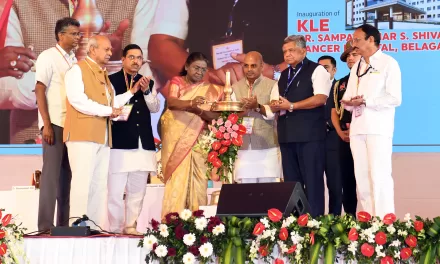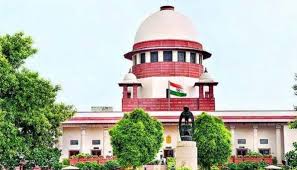In a significant move to tackle the growing public health challenge of excessive salt consumption while ensuring adequate iodine nutrition, experts from the National Programme for Prevention and Control of Non-Communicable Diseases (NP-NCD) and the Food Safety and Standards Authority of India (FSSAI) are in discussions to introduce a new policy. The proposed policy, currently under consideration, aims to balance the dual goals of reducing salt intake and maintaining adequate iodine levels across the country.
The consultative meeting, held in the national capital last week, was led by a consortium of partners including Nutrition International, World Health Organization-India, Resolve to Save Lives, and the Iodine Global Network. The discussions focused on harmonizing salt reduction efforts with the need for universal salt iodization, a crucial step in preventing iodine deficiency disorders.
“India’s public health and nutrition policies have always addressed population needs. Moving forward, a policy-based approach that balances salt reduction with adequate iodine supplementation is essential for better health outcomes,” stated Dr. Shikha Vardhan, Assistant Director General of NP-NCD, during her keynote address.
The World Health Organization (WHO) recommends that dietary salt consumption should not exceed 5 grams (equivalent to 2 grams of sodium) per person per day. However, recent data indicates that the average salt intake in India is nearly double this recommended amount, contributing to the rising prevalence of hypertension, which currently affects an estimated 220 million people in the country.
Dr. Vardhan emphasized the urgency of the meeting, noting that the Directorate General of Health Services is revising the National Iodine Deficiency Disorders Control Programme guidelines to ensure optimal iodine nutrition. This revision aligns with the broader goals of the proposed policy, which seeks to integrate salt reduction strategies with ongoing iodine supplementation efforts.
Dr. Alka Rao, Advisor (Regulations, Science & Standards) at FSSAI, reaffirmed the regulator’s commitment to creating regulations that promote salt reduction while ensuring adequate iodine intake. She highlighted FSSAI’s initiatives like the Eat Right campaign, which reflects India’s dedication to encouraging healthier dietary choices among its population.
The meeting brought together policymakers, experts, and practitioners who underscored the importance of coordinated policy development and effective implementation. They also highlighted the challenges in harmonizing these interventions, particularly the need for more nationally representative data on sodium and iodine intake. Such data is critical for making informed policy decisions and tailoring interventions to effectively address the dual public health challenges.
As India grapples with the rising burden of cardiovascular diseases linked to excessive salt intake, the proposed policy marks a significant step toward improving the nation’s overall health outcomes while safeguarding against iodine deficiency. The collaborative effort between NP-NCD and FSSAI, supported by global partners, aims to create a sustainable and balanced approach to public health nutrition in India.












